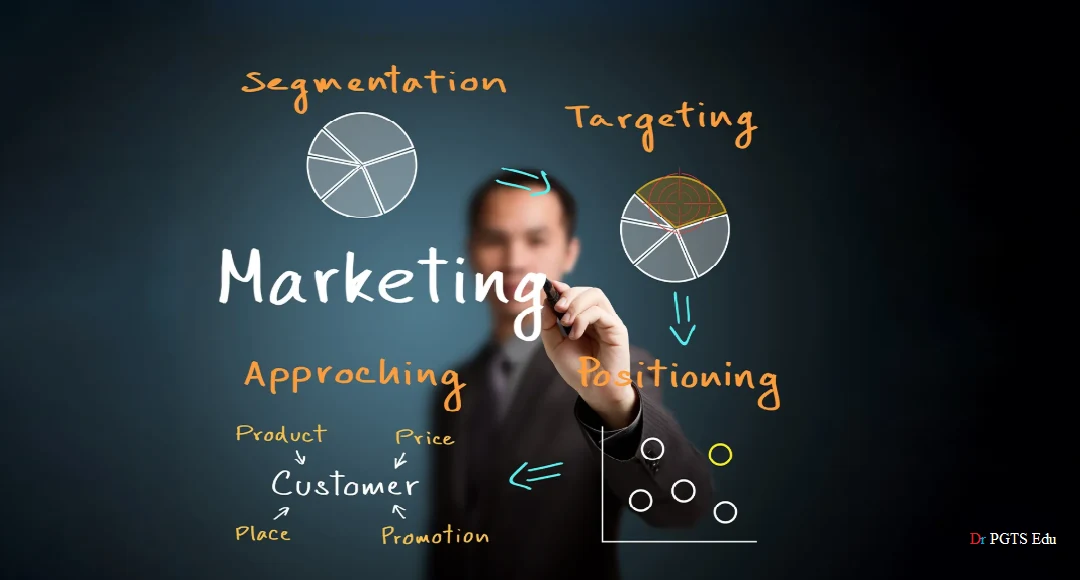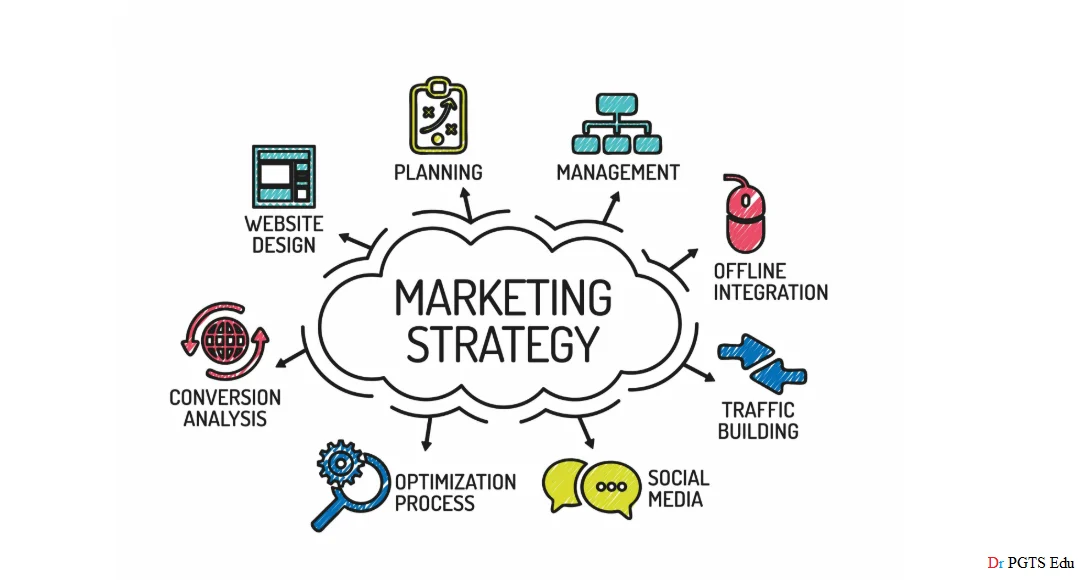Psychology of Marketing is not just about selling a product or service; it’s about understanding consumer behavior and using psychological triggers to influence decisions. The ability to make people say “yes” is at the core of every successful marketing strategy. From persuasive messaging to emotional storytelling, marketers use various psychological tactics to drive consumer engagement and conversions.
Features of Psychological Marketing
- Emotional Appeal – People make decisions based on emotions first and justify them with logic later. Brands use storytelling, colors, and imagery to trigger emotional responses.
- Social Proof – Consumers tend to trust products with positive reviews, testimonials, and endorsements from influencers or peers.
- Scarcity and Urgency – Limited-time offers or exclusive deals create a sense of urgency that compels people to take action quickly.
- Reciprocity – Offering free trials, samples, or valuable content makes customers feel obliged to return the favor by making a purchase.
- Authority and Credibility – Expert recommendations, certifications, and case studies build trust and persuade consumers to believe in a brand.
Functions of Psychological Marketing
Influencing Perception – Marketers shape how consumers perceive a brand or product through branding, messaging, and customer experience.
Driving Engagement – By leveraging emotions and storytelling, marketing campaigns encourage interaction and engagement.

Boosting Conversion Rates – Using persuasive techniques like FOMO (Fear of Missing Out) and limited offers, brands can drive higher sales.
Customer Retention – A personalized marketing approach fosters loyalty and long-term relationships with customers.
Psychological Marketing Types
- Emotional Marketing – Using emotions like happiness, sadness, or fear to drive action.
- Neuromarketing – Applying neuroscience principles to understand how consumers make decisions.
- Behavioral Marketing – Analyzing consumer behavior and patterns to create personalized marketing strategies.
- Influencer Marketing – Leveraging the credibility and reach of influencers to build trust and attract customers.
- Viral Marketing – Crafting shareable content that spreads quickly across social media and digital platforms.
Market Segments Influenced by Psychology
B2C (Business to Consumer) – Consumers are influenced by emotions, trends, and peer recommendations.
B2B (Business to Business) – Companies make decisions based on data, ROI, and logical reasoning.
Luxury Market – Psychological triggers such as exclusivity, status, and high perceived value drive purchases.
Budget Market – Price sensitivity and cost-benefit analysis play a crucial role in decision-making.
Youth Market – Young consumers respond to social proof, trends, and influencer endorsements.
Media Used in Psychological Marketing
Social Media – Platforms like Instagram, Facebook, and Twitter use targeted ads and influencer collaborations.
Content Marketing – Blogs, videos, and podcasts educate and engage audiences, building trust over time.
Email Marketing – Personalized email campaigns foster relationships and drive conversions.
SEO & SEM – Optimized content and paid search ads ensure visibility and attract potential customers.
Traditional Media – Television, radio, and print ads still play a role in psychological marketing strategies.
Benefits of Psychological Marketing
Higher Engagement – Emotional and personalized content resonates with audiences, leading to higher interaction rates.
Improved Brand Loyalty – A well-crafted marketing approach fosters trust and long-term customer relationships.
Better Conversion Rates – Psychological triggers help persuade consumers to take action quickly.
Competitive Advantage – Understanding consumer psychology allows brands to stay ahead of competitors.
Demerits of Psychological Marketing
Ethical Concerns – Some tactics, like manipulation or false urgency, can be seen as unethical.
Consumer Skepticism – Overuse of psychological tricks can lead to mistrust among consumers.
High Implementation Costs – Conducting in-depth psychological research and A/B testing requires resources.
Short-term Impact – Some strategies, like scarcity marketing, may boost sales temporarily but not ensure long-term customer retention.

Marketing Trends in India
- Digital Transformation – With increasing internet penetration, businesses are focusing more on online marketing.
- Influencer Marketing Boom – Indian consumers trust influencers, leading to a rise in influencer collaborations.
- Regional Language Marketing – Brands are leveraging local languages to reach a wider audience.
- AI and Automation – Businesses are using AI-driven insights to create personalized marketing experiences.
- Sustainability and Ethical Marketing – Indian consumers are becoming more conscious of eco-friendly and ethical products.
The psychology of marketing is a powerful tool that helps brands connect with consumers, influence decisions, and drive sales. By understanding the psychological triggers that make people say “yes,” marketers can create compelling campaigns that lead to higher engagement and conversions. As marketing trends evolve, particularly in India, businesses must adapt and integrate new strategies to stay relevant in an increasingly competitive marketplace.
Read also: Marketing Management secrets what top brands wont tell you

